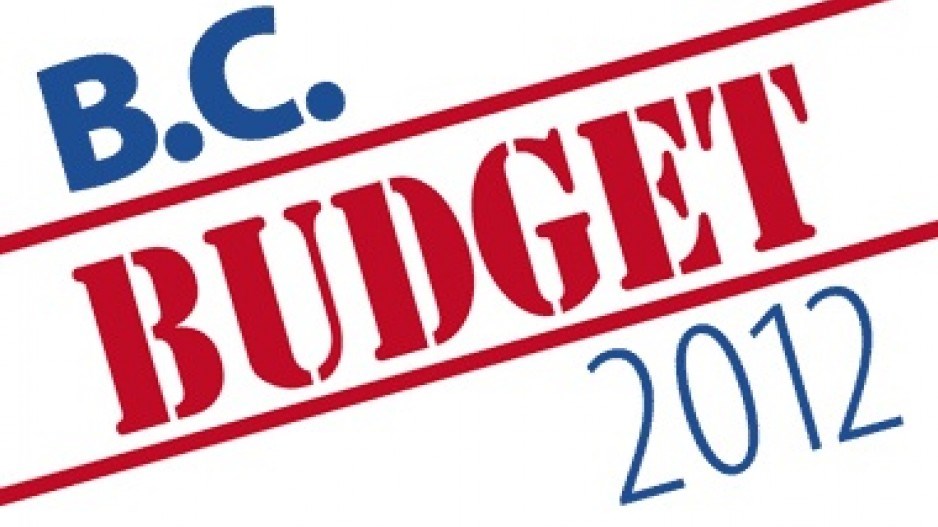Two transportation-oriented measures in B.C.'s budget released yesterday are getting mixed reviews.
Yesterday's budget introduced plans to:
- eliminate the provincial jet fuel tax on international flights; and
- make permanent the existing temporary municipal tax rate caps for B.C.'s major port terminals.
Greg D'Avignon, president and CEO of the BC Business Council, has welcomed the moves.
"The measures to improve B.C.'s competitiveness by eliminating the provincial jet fuel tax for international flights and the permanent cap on property tax for our ports are important to continuing the expansion of the Asia-Pacific gateway," he said.
However Anthony Perl, director of the Urban Studies Program at Simon Fraser University, questioned the value of both measures.
He called elimination of the jet fuel tax "a drop in the bucket in the upward trend of aviation fuel prices."
He added, "I'm sure this tax will have a short-term temporary effect but if there's problems in the Persian Gulf and other oil-related volatility that's out there, that's going to have a much bigger impact and swamp whatever relief [offered.
"Once you set a tax to zero, there's nowhere else to go on it – I would hope that we're not going to start paying airlines to buy fuel in B.C."
He added that capping municipal taxes on ports would just push new costs onto municipalities as ports expand, and move away from a user-pay approach.
"We have to understand that there's no free lunch here," he said.
For further Business in Vancouver budget analysis, see:
- Business groups welcome "prudent" budget
- DHL could cash in on B.C. decision to privatize liquor distribution
- Small business disappointed with corporate tax hike
- Homebuilders see "mixed news" in budget
- Brain behind BCLC to get $109m facelift
@JennyWagler_BIV




